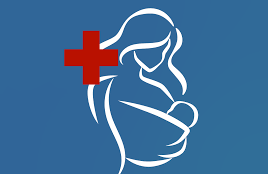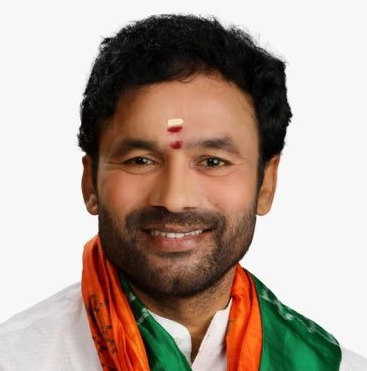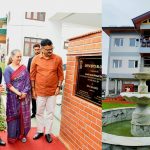Dr. ATEEB AHMAD PARRAY
The issue of maternal mortality is one of the greatest challenges facing healthcare systems globally, and Jammu and Kashmir is no exception. The World Health Organization (WHO) has set a target to reduce the maternal mortality ratio (MMR, number of maternal deaths per 100,000 live births) to less than 70 per 100,000 live births by the year 2030, as part of the Sustainable Development Goals (SDGs). This target is considered the standard and is seen as achievable for all countries with strong political will and the right mix of interventions. However, the alarming statistics of MMR in Jammu and Kashmir have sounded a clarion call to action. According to a recent survey conducted by the National Health Mission, the MMR in the region stands at a staggering 121 per 100,000 live births. WHO estimates reveal that the MMR in India was 174 per 100,000 live births in 2020, 174 per 100,000 live births in Nepal, 89 per 100,000 live births in Bhutan, 174 per 100,000 live births in Bangladesh, 176 per 100,000 live births in Pakistan.
This dire statistics are a grim reminder of the pressing need to address the root causes of maternal mortality and implement effective measures to mitigate the risk factors. Despite advances in medical technology and techniques, a significant number of women continue to die due to preventable causes related to pregnancy and childbirth. Maternal death has serious social ramifications for families, including financial difficulties, emotional trauma, and instability for children. The loss of a mother can result in long-term psychological distress for families and can negatively impact their household income, causing further stress and instability. This can also lead to children being separated from their families and placed in alternative care systems, causing additional trauma, and negatively impacting their social and emotional development. The impact of maternal mortality on the economic development of the community is significant, with the loss of a productive member of society resulting in reduced economic opportunities and increased poverty, creating a vicious cycle of poverty and reduced access to essential services such as healthcare and education.
The high MMR in Jammu and Kashmir is attributed to several factors, including lack of access to quality healthcare, low levels of education and awareness about maternal health, and poor socio-economic conditions. The shortage of healthcare facilities and personnel in rural areas exacerbates the problem, leading to inadequate care during pregnancy and childbirth. Many women lack access to family planning services and have limited control over their reproductive health, increasing the risk of maternal complications. To address the high MMR, there is a need to strengthen the healthcare system and increase access to quality healthcare services, as well as increase education and awareness about maternal health.
Some evidence-based strategies to reduce MMR in Jammu and Kashmir include education and awareness campaigns, women’s empowerment, promoting family planning, and enhancing the role of traditional birth attendants (TBAs). Education and awareness campaigns are crucial in reducing maternal mortality by promoting healthy behaviors and increasing knowledge about maternal health, family planning, and safe childbirth practices. These campaigns should target women and young girls who are most at risk of maternal complications. A successful example of such a campaign in Jammu and Kashmir is the “Mother and Child Tracking System (MCTS)” program, which was implemented in collaboration with local health workers and community leaders. A study by the government found that the MCTS program was successful in reducing maternal mortality and increasing the utilization of maternal healthcare services, although limitations such as inadequate training, overburdened data entry personnel, poor internet connectivity, slow server speed, and frequent power failures were noted.
Women’s empowerment through education and employment opportunities is also essential for reducing maternal mortality in Jammu and Kashmir. Scientific studies have established correlation between a woman’s socio-economic status and maternal health outcomes, with better outcomes observed among women with higher education and income levels. Therefore, providing vocational training and implementing microfinance programs can empower women and enhance their socio-economic status, contributing to better maternal health outcomes.
Promoting family planning can also reduce maternal morbidity by reducing unintended pregnancies and increasing access to prenatal care. A study in Jammu and Kashmir found that women who had access to family planning resources and information were less likely to encounter maternal complications and more likely to receive proper prenatal care. Furthermore, integrating TBAs into maternal health initiatives has the potential to significantly reduce maternal mortality in rural areas with limited access to healthcare facilities. By training and supporting TBAs with the necessary knowledge, skills, and resources, they can provide safe and effective care during pregnancy and childbirth. Studies have shown that incorporating TBAs into maternal health programs can lead to improved maternal and newborn health outcomes.
In conclusion, reducing the high MMR in Jammu and Kashmir requires a comprehensive approach that includes strengthening the healthcare system and increasing access to quality healthcare services, as well as empowering women through education and employment opportunities, promoting family planning, and enhancing the role of TBAs.
(Author is Global Health Researcher and can be reached on: [email protected])








